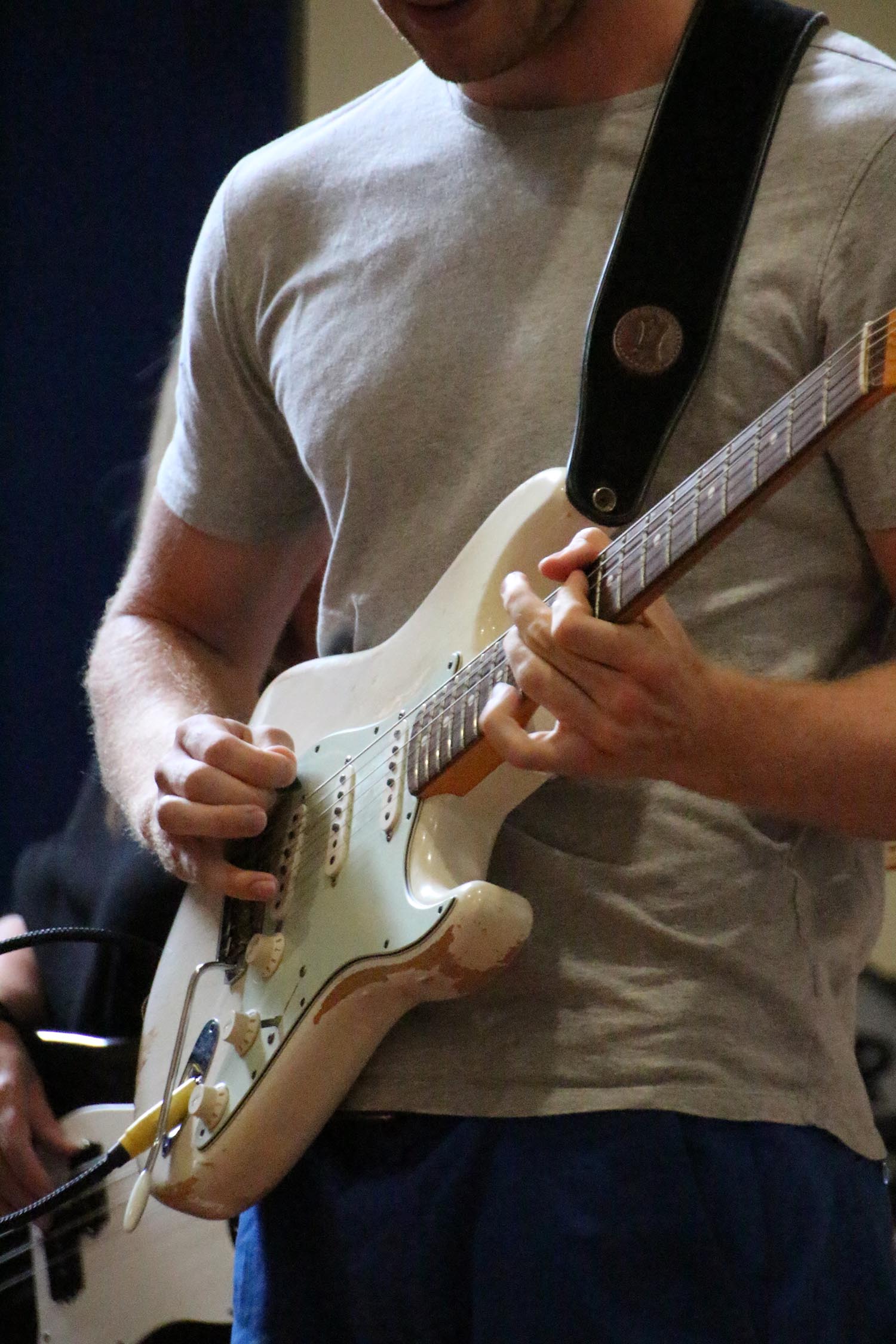Music and the arts open up the mind to new ways of
exploring the world, whether that is spirituality, personal relationships,
sports or business, in fact anything
that we can term the human experience because through music and the arts we are
dealing with various areas of consciousness and within that, creative thinking,
and then its outward expression.
In a way it is possible for anything one does to do
that but I believe that music, because of its potentially abstract nature, can
get to the depths of what makes us tick as humans and in contrast by its
structural nature we can see how we operate as ‘organised’ beings.
My interest in music started as a young teenager
picking up the guitar for the first time and playing my first chords and then
learning how to play a blues, that was it, I was hooked! Is that what we need
to achieve as a response from customers, to get them hooked? Is that not what we need for ourselves to
really become masters of any skill, to be hooked? Music can teach us how this
can happen.
Over the years I have taught many people to play
guitar and to sing and many have carried on playing years after, some becoming
professional players and some working with very famous musicians. In that time
I have watched and learnt as I taught and with my interest in psychology I have
unpicked the way the mind sorts, files and then uploads skills. Some of these
elements are conscious but many are unconscious.
It has often been said that the greatest fear for
people is the fear of public speaking, even ranking higher than the fear of
death in some polls. The idea of standing up in public and giving a performance
will fill many with panic but as a musician it is your ‘stock in trade’ to
perform especially as a front man for a band; not only do you have to sing but also to talk
to the audience and get them to clap and sing along. The art of fronting a band
and dealing with performance nerves is one lesson that anyone in business would
find useful and the skills are simple to learn, just play in a band.
So there we are, play an instrument and learn about
yourself and the world around you.
Vic





